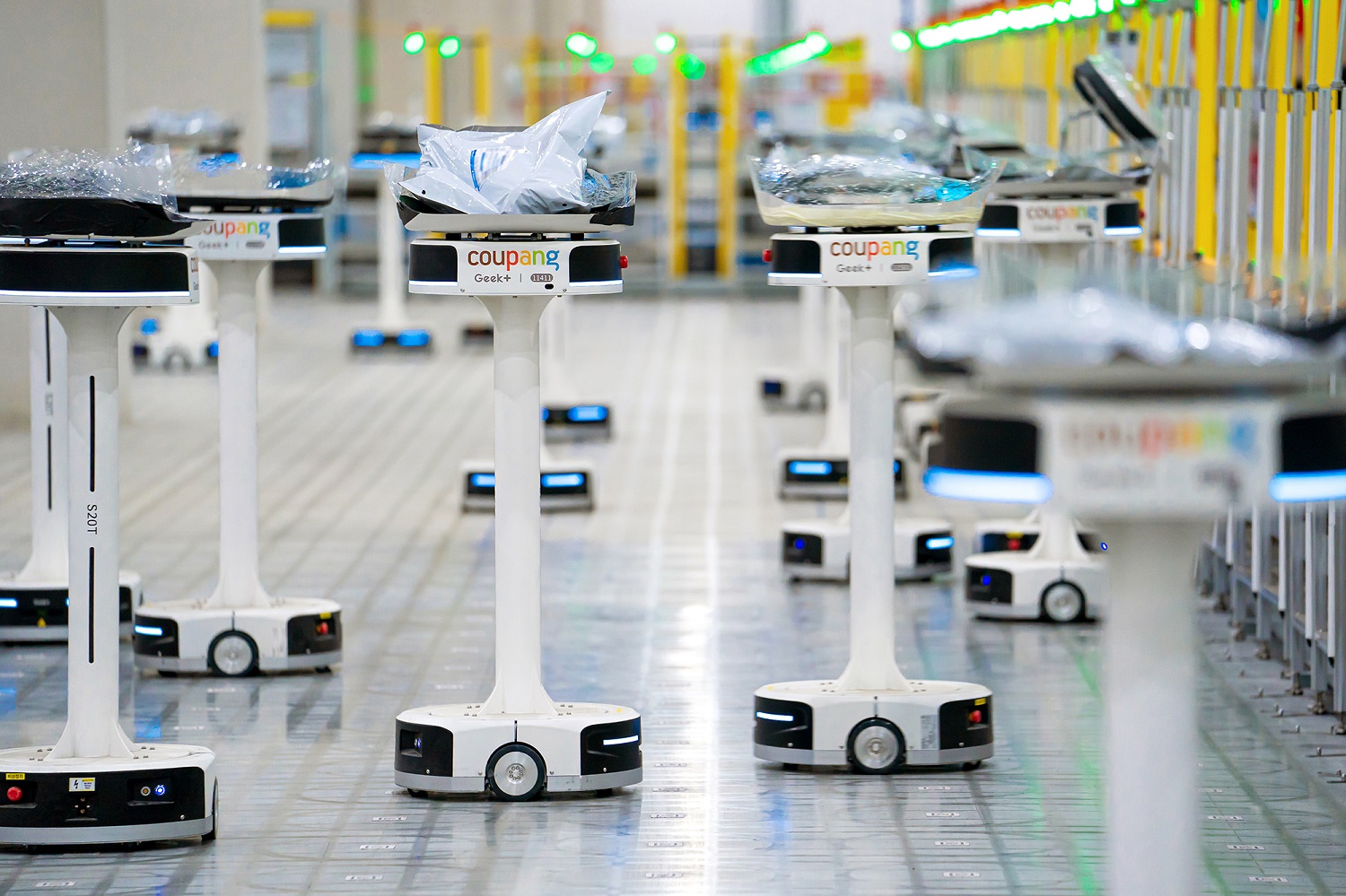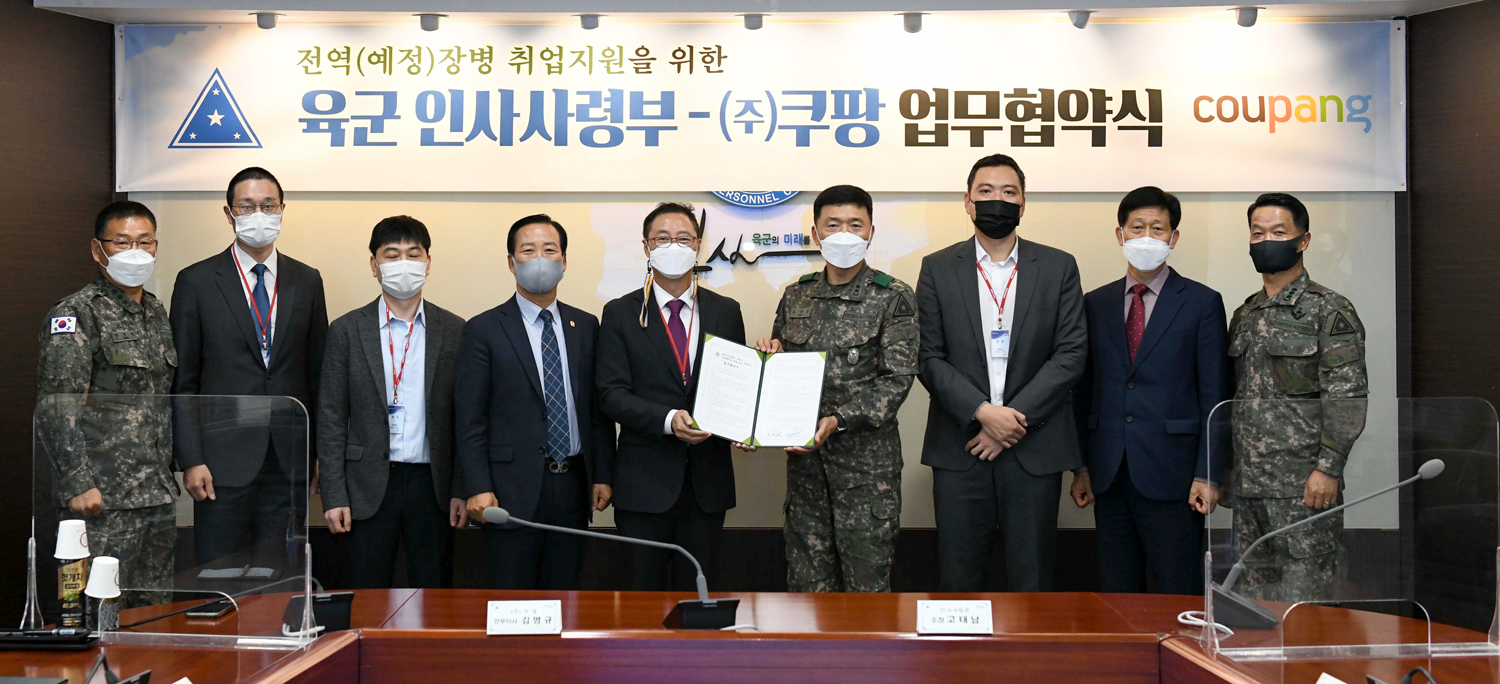
Since the start of the COVID-19 pandemic, the preference for online shopping has continued to increase dramatically. E-commerce has evolved accordingly, becoming faster and more convenient than ever for customers. However, these trends have also raised concerns about the increased use of packaging materials and fuel for delivery, which adversely impacts the environment.
With our end-to-end logistics network, Coupang can implement unique innovations to protect our environment. One of these solutions is the reusable Fresh Bag, which we believe is setting a global model for greene-commerce of the future.
The challenges of delivering fresh produce and foods
When it comes to packaging and delivery, fresh foods are some of the most difficult of all products. To deliver foods fresh, insulated containers such as Styrofoam is required, along with additional insulation such as ice packs and dry ice and buffers to prevent food damage from shock.

While the trend recently has been to move towards greener packaging materials, it’s far better for the environment to reuse the same packaging multiple times rather than relying on one-use products, no matter how eco-friendly they are.
However, reusing packaging is itself a major logistical challenge. For sustainability, companies must be able to use eco-friendly packaging that will prevent the fresh goods from being damaged, and then collect the packaging from customers to clean and reuse it. This requires additional infrastructure and manpower, making it very difficult to coordinate on a nationwide scale at large delivery volumes.
Coupang’s sustainable, eco-friendly solution
For Coupang, solving such seemingly insurmountable challenges is a part of our DNA. Thanks to the years of effort and the billions of dollars we have invested into our end-to-end logistics infrastructure and technology, we have created a process to deploy, collect, clean, and reuse millions of our patented Fresh Bags across the nation.

The company’s delivery drivers bring customers’ orders of fresh groceries right to their doorsteps in Fresh Bags. They collect empty Fresh Bags from the customers on the next delivery, bringing the bags back to delivery camps for cleaning and sterilization. The entire process is facilitated by artificial intelligence (AI) to optimize routes, drop-offs, and pick-ups, minimizing total travel distance and ensuring that we are making the most of our trucks’ capacities.
Eliminating the use of 100 million Styrofoam boxes each year
Currently, seven out of 10 fresh foods are delivered in our eco-friendly Fresh Bags, with the remaining 30% of products being cases requiring cardboard for protection such as eggs and watermelons or in cases where the customer has expressly requested it. This has eliminated the use of an average 310,000 Styrofoam boxes per day, or the equivalent of 100 million Styrofoam boxes per year—amounting to 30,000 tons in total weight. This has the same effect as planting nine million trees a year.*
*Based on the annual CO2 absorption of a 30-year-old pine tree as calculated by the National Institute of Forest Science.

Instead of gel ice packs made of non-biodegradable substances such as super absorbent polymer, Coupang also uses ice packs filled 100% with water for insulation. The packaging of the ice packs is made of high-density polyethylene for easy reuse, and these ice packs are collected by our delivery drivers together with the Fresh Bags to be reused in future deliveries.

A sustainable journey towards zero waste e-commerce
We are proud of what we’ve accomplished, but our green e-commerce journey does not end there. Our teams are already hard at work to increase the ratio of Fresh Bag packaging to over 80%, as well as the number of packaged products per bag. They are also continually testing materials to increase the insulation of Fresh Bags to reduce the need for additional coolants. We are also piloting the use of electric delivery trucks, closed-loop recycling systems, and more.
We are committed to protecting our environment even as we wow our customers with our services, and in terms of what we hope to ultimately accomplish, our journey has only just begun.








